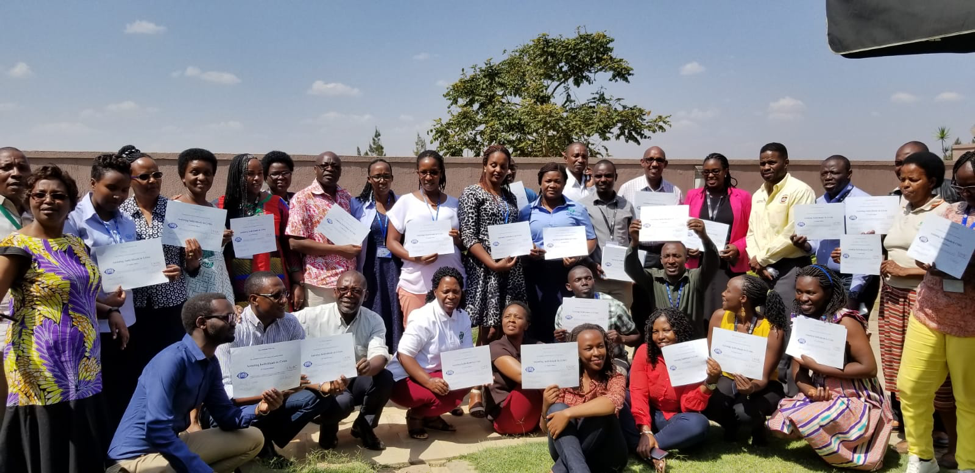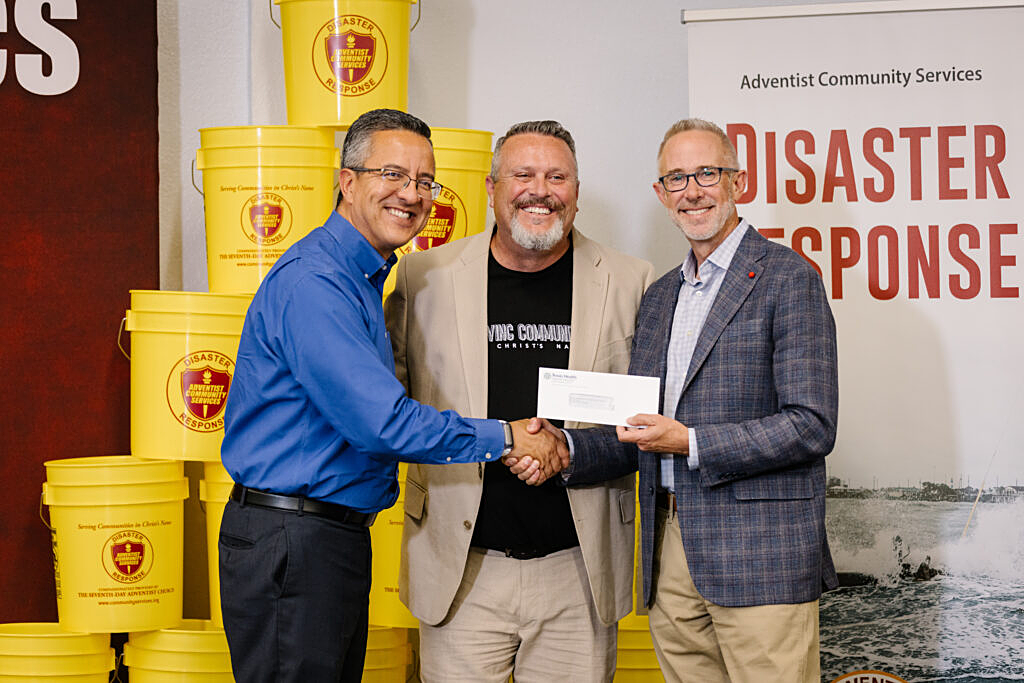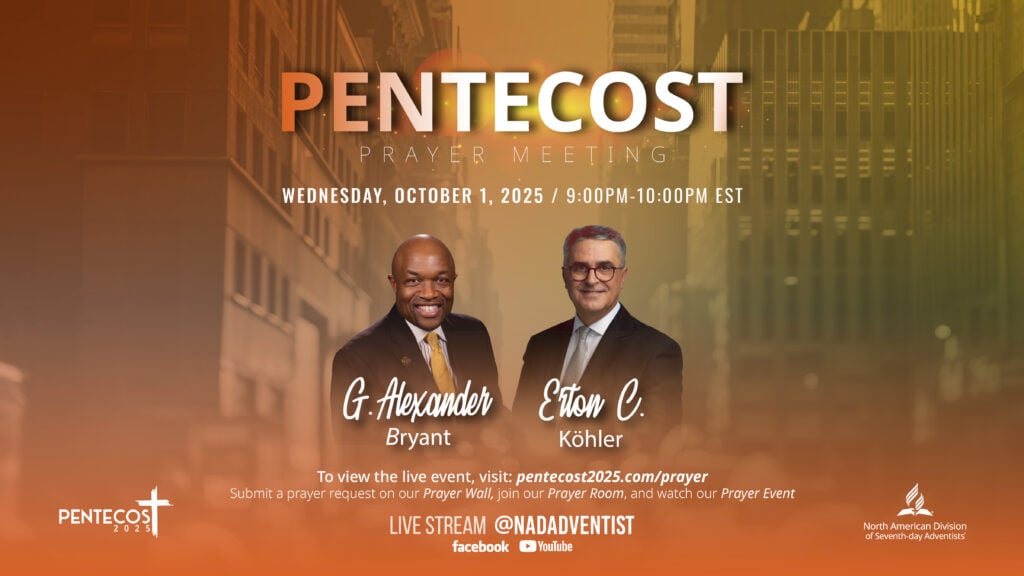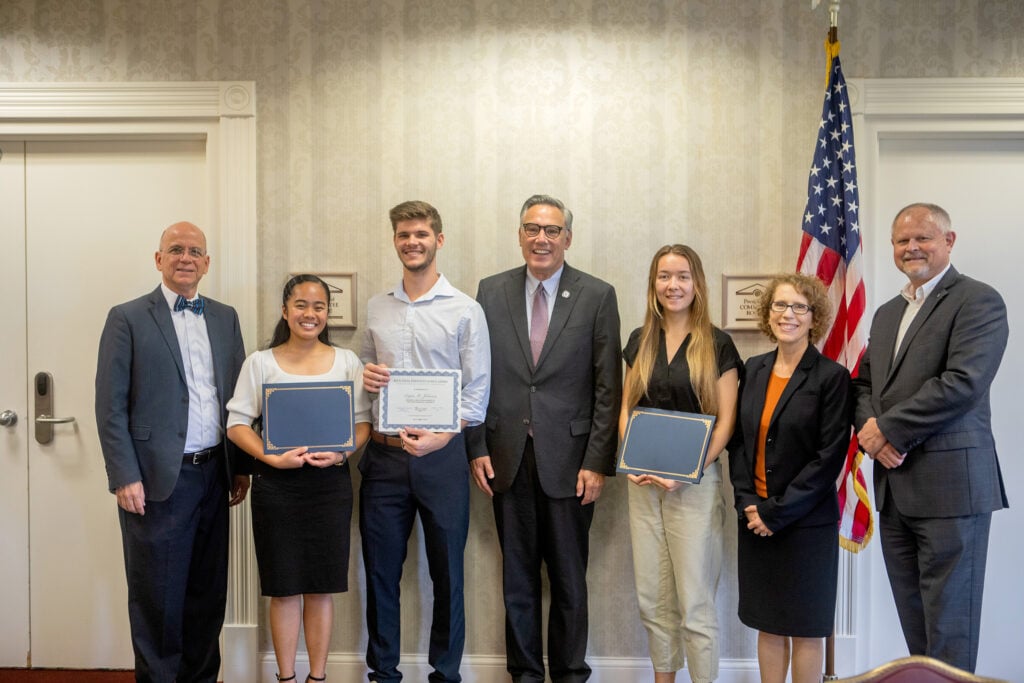Adventist Community Services (ACS) led its first emotional and spiritual care class outside of the North American Division in Kigali, Rwanda, on August 13-15, 2018. The “Assisting Individuals in Crisis” course was taught by W. Derrick Lea, ACS Disaster Response director. The three-day program drew 35 people from six countries: Rwanda, South Sudan, Burundi, Congo, Kenya, and Tanzania.
“The distance is far, but it’s been gratifying to share our time with those interested in assisting communities in crisis,” said Lea.
The training was organized after leaders from Adventist Development and Relief Agency (ADRA) Rwanda and additional African countries asked ACS for guidance in offering the emotional and spiritual care training to their teams. According to Lea, it was evident that the workers had a need to share their experiences and traumatic stories from their regions.
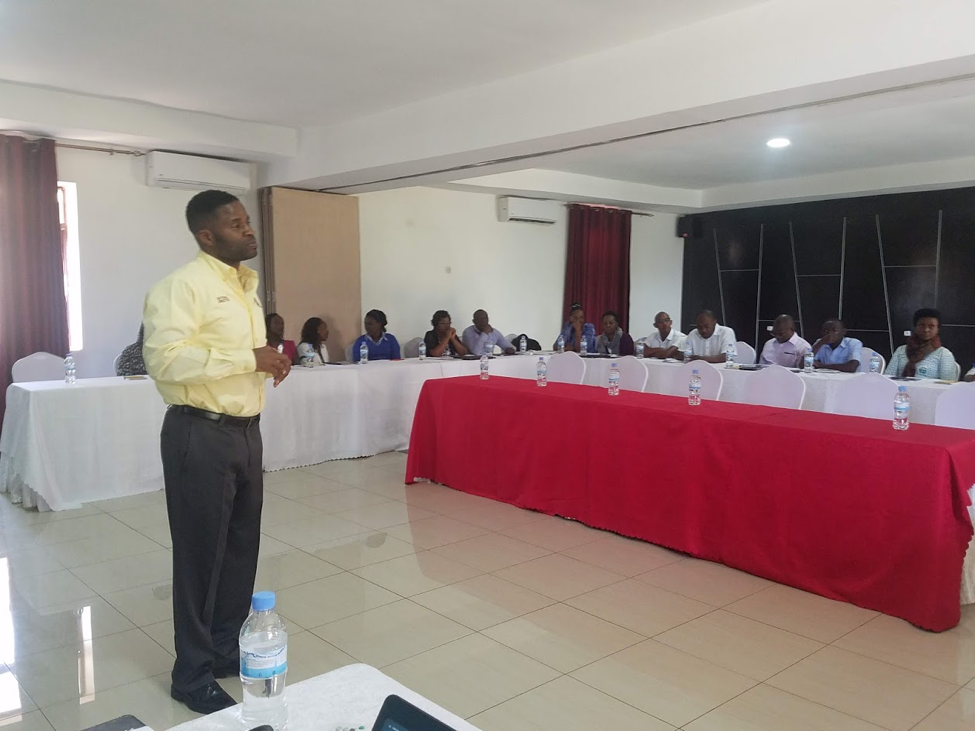
There is a stark contrast between the immediate needs that are addressed in NAD and the severe crises taking place in the African nations, including cholera, malaria, Ebola outbreaks, refugee influxes, cyclones, drought, and mudslides.
The country director from ADRA Congo shared how the region has experienced war for more than 20 years. The ongoing unrest has forced many families to live in refugee camps for five to 10 years, which the camps are not suitable to accommodate. Further, families who live in refugee camps for extended periods are more susceptible to cholera outbreaks.
Another attendee spoke on the challenges of providing care to individuals in need who are unable to communicate due to shock.
“I hope we can again work out the particulars of how ACS and ADRA can work together in support of communities that experience crisis around the world,” said Lea. “As we become more familiar with the strengths both organizations bring to recovery efforts, those affected will ultimately be better served by the Seventh-day Adventist Church.”
